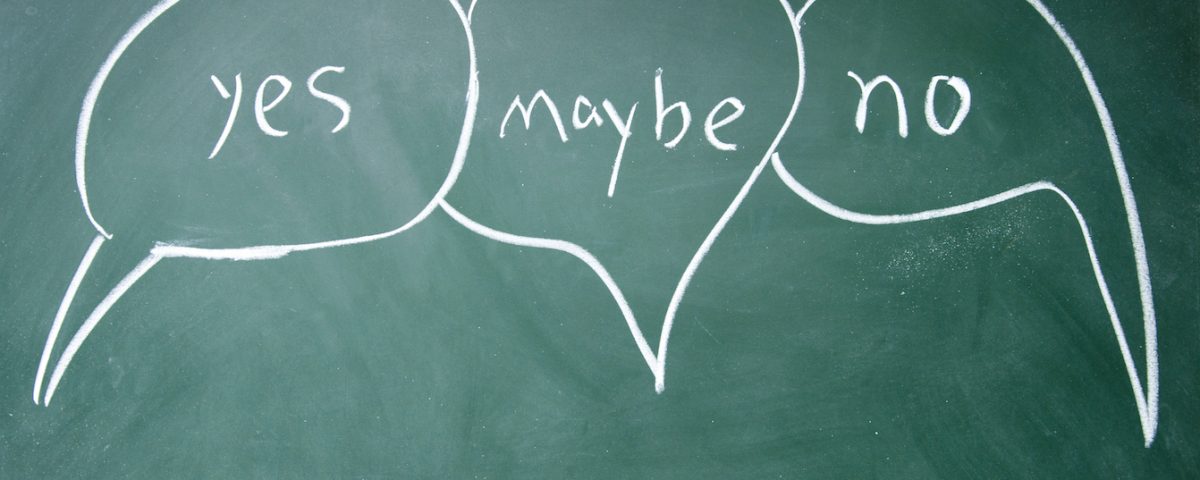Faculty Spotlight: Electives Week Recap with Micah Weiss
Faculty Spotlight: Electives Week Recap with Micah Weiss








Humanities teacher Micah Weiss believes in the power of respectful, open debate, and he’s fostering a spirit of lively discussion in his classroom.
Humanities teacher Micah Weiss wears many hats here at Oliverian. While he’s an English teacher by training, his American Studies classes at Oli focus on a holistic blend of American history and literature before, during, and after World War II. He’s also the chairman of the hiring committee, serves on the Oliverian Senior Project committee, and lives on campus with his wife, Betsy, and their three children.
This semester, Micah used Oli’s electives week to explore a particularly timely topic with his students: how to engage in productive civil discourse. We caught up with Micah to discuss his approach to the class, the students’ response, and what he learned along the way.
Q: What are some of the unique opportunities that Oli’s electives week offers?
A: As a teacher, having a three-and-a-half hour block of class time to work with is really interesting. You can do a lot with that. I did a film noir class last year, and before that, I used to lead a class that centered around a big World War II-themed board game that takes 17 hours to play. But for this year’s class, I was trying to get past some of the political polarization that we’re seeing around us and help the students listen to each other.
Q: Can you tell us a little bit about the class you taught?
A: I taught a class called “The Great Debates.” As the class went on, my original plan for the class changed based on the students and how engaged they became. At first, I had intended for it to be a class about watching and analyzing intellectual debates, because there are a lot of long form, debates between public intellectuals that you can watch for free.
But once we got started, the students themselves were so excited about the ideas and controversies that we were talking about that I shifted the class to focus more on their voices. They engaged in debates about whatever they wanted to talk about, and I acted as a moderator and tried to get everyone to listen to each other without the conversation becoming too polarized.
Q: What did your students think of the class?
A: I was very lucky to have a group of kids that were willing to talk and had a diverse set of opinions on different topics. At first, we were looking at logical fallacies and how to make good arguments versus bad arguments. But by the end of the week, we were discussing major issues and trying to come to a consensus — or at least disagree respectfully.
For example, our conversation about gun control was really interesting, because we had a couple of students from rural New York, where hunting and target shooting are a way of life. On the other end of the spectrum, we had a student from an urban environment who’s very passionately against any kind of legalized guns, and a student from Europe who wanted weapon control of all kinds. We had this wide array of views, but we had a really constructive and respectful discussion about it. It was great to give the students a chance to see that you can disagree with each other and not hate each other at the same time.
Q: Did you have any “aha!” moments where you felt like students were really learning to engage in this type of respectful dialogue?
A: I think the most constructive conversation we all had was the one around what racism is, who gets to decide what the definition is, and under what circumstances. So, you know, there’s the newer, left-wing definition of “bigotry plus power, equals racism.” There’s also the traditional definition in dictionaries, which is racial bigotry. So how has that changed, and how does that change the way we talk to each other about race in America?
At the very beginning of that conversation, it was very heated and very intense. There was a very quick jump to accusation. By the end, there was a much deeper understanding between the entire group that this is a very complicated issue and that words can change meaning over time, and that we have to listen to each other before we make accusations. By the end of that conversation, they were really listening to each other. It was beautiful.
Q: What do you think makes Oliverian unique?
A: I think that because we’re small and because our community is so immersive, we can eat dinner with students, or take them on long trips, or take them to the movies or Harvard Model Congress, or have an electives week where we go people-watch and write stories about the people we watch. This is real time that we’re spending together, these are real relationships that we’re building.
In my old job as a teacher in the Bronx, I would get my kids for one 45 minute class a day and maybe lunch for half an hour. At the end of the week, I’d go home and there was nothing I could do. Anything they were getting out of our relationship was really transitory. Here, I really get to create relationships with these kids that are meaningful and long-lasting.
